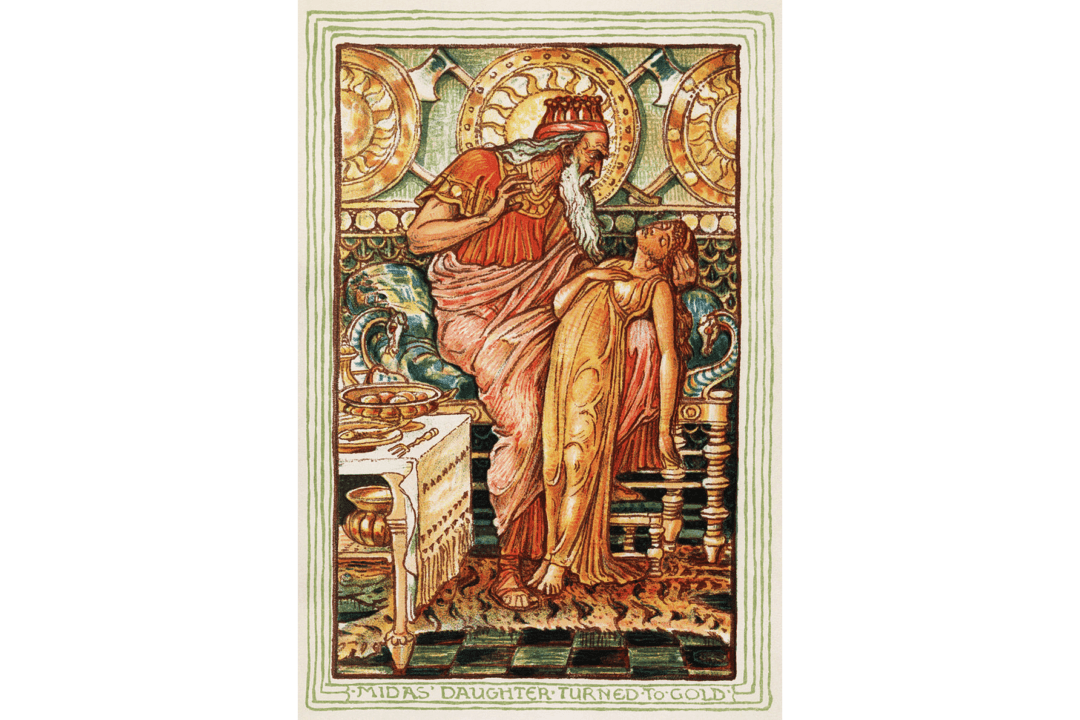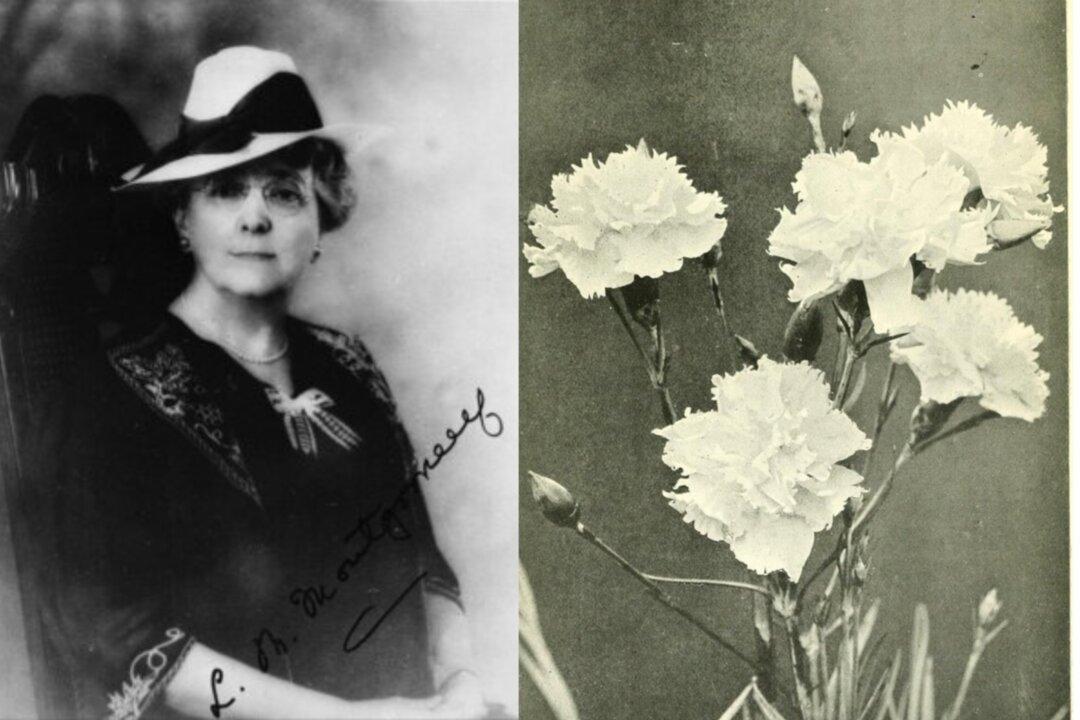For centuries, men have desired riches and, in particular, gold. Many have done everything possible to obtain this precious metal. Whatever motivates them, this desire has caused wars, feuds, deaths, and betrayals.
In his short story “The Golden Touch,” Nathaniel Hawthorne contemplated the dangers of gold and the consequences of an unquenchable desire for it by revisiting the story of King Midas and his golden touch.






